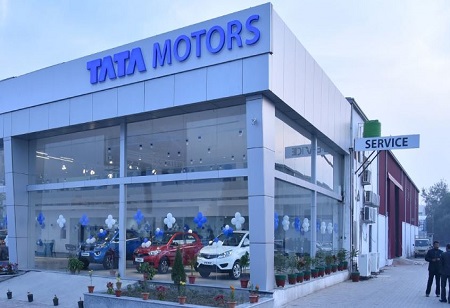
Maharashtra’s government, under Chief Minister Devendra Fadnavis, just rolled out its Electric Vehicle (EV) Policy 2025, a bold move to make the state a frontrunner in eco-friendly transportation. With nearly Rs 2,000 crore set aside, the policy is all about getting more people to drive EVs, reducing pollution, and building a solid network of charging stations by 2030.
The policy comes with some attractive perks to make EVs more affordable. If you’re buying an electric two-wheeler, three-wheeler, or a personal car, you’ll get a 10% discount on the vehicle’s price. For commercial vehicles like goods-carrying three or four wheelers and electric tractors, the discount jumps to 15%. Plus, you won’t have to pay registration fees for EVs, and if you’re driving an electric car or bus, you can skip tolls entirely on major routes like the Mumbai-Pune Expressway, Atal Setu, and Samruddhi Mahamarg. Even on other state and national highways, EVs get a 50% toll discount.
To make EVs practical, the state plans to set up charging stations every 25 kilometers along national highways and in key cities. This should make it easier for people to switch to electric without worrying about running out of juice. The policy’s Clean Mobility Transition Model will keep these benefits rolling for buyers until 2030.
Shailesh Chandra, head of Tata Motors’ passenger vehicle and electric mobility divisions, called the policy a game-changer. He said the toll exemptions and long-term benefits, like no registration or road taxes, will make EVs cheaper to own. Tata Motors, which already dominates 38% of India’s EV market, plans to launch more electric models and work with the state to build out charging networks.
People are buzzing about the policy online, with X posts highlighting the toll-free highways and 10-15% discounts. With a goal of 30% EV adoption by 2030, Maharashtra is setting the pace for a cleaner, greener India.
We use cookies to ensure you get the best experience on our website. Read more...